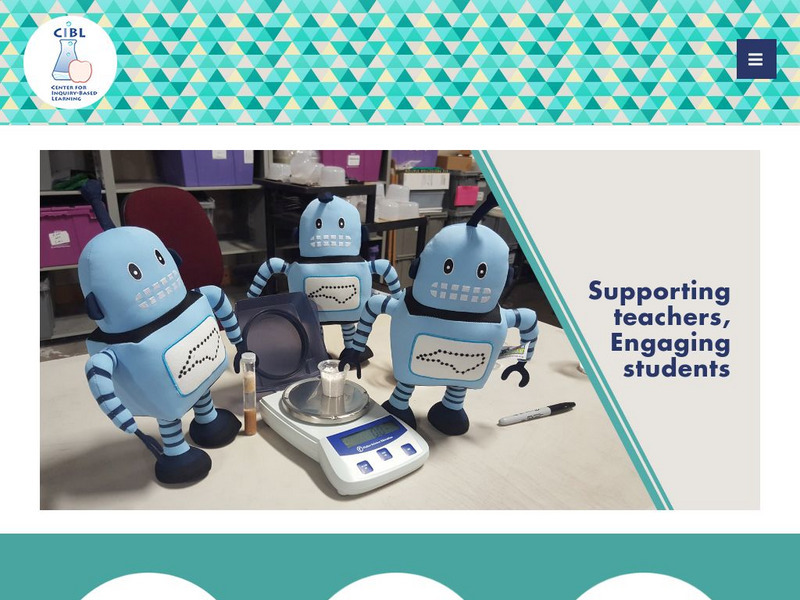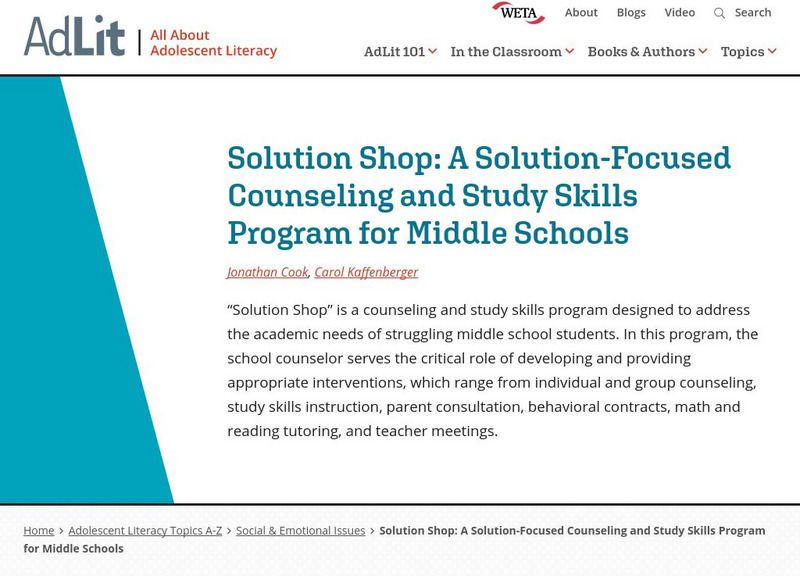Hi, what do you want to do?
New York State Education Department
TASC Transition Curriculum: Workshop 13
The six instructional shifts in this workshop definitely move math and science teachers' understanding of instruction. The workshop, 13th out of a series of 15, asks participants to examine sample tests and to look at how the six...
College Board
Try This! Calculus Teaching Tips
It's important to spice up your lessons. An online article discusses teaching strategies for AP® Calculus. In-class activities include matching games, placemats, multiple choice questions, scripted discussion, involuntary discussion,...
College Board
So Much Data, So Little Time
Organizing data in a statistics class is often a challenge. A veteran statistics teacher shares data organization tips in a lesson resource. The instructor shows how to group data to link to individual calculators in a more efficient...
EngageNY
TASC Transition Curriculum: Workshop 9
Here's a workshop for teachers that rocks the academic world! Using earthquakes as a medium for instruction, educators learn about crosscutting engineering with science. Fun, hands-on, collaborative exercises encourage participants to...
College Board
Is That an Assumption or a Condition?
Don't assume your pupils understand assumptions. A teacher resource provides valuable information on inferences, assumptions, and conditions, and how scholars tend to overlook these aspects. It focuses on regression analysis, statistical...
College Board
Special Focus: Inference
Statistics is all about making inferences! A lesson guide explains the meaning of inferences and how to use statistics to make them. The resource provides instruction as well as information about the topic on the AP® Statistics exam.
Northeast Foundation for Children, Inc.
Schedules and Routines: Grade 5
Before diving head first into the year's curriculum, take time to establish clear routines and procedures for your classroom. Starting with how to set up a class schedule that meets the needs of fifth grade learners, this sample...
College Board
Seeing Is Believing
Students read about AP calculus online. In this calculus lesson, students learn real life usage for calculus. They read about instructors and their experience teaching and incorporating calculus into the real world.
College Board
Coke® Versus Pepsi®: An Introductory Activity for Test of Significance
Most people claim they can tell the difference between Coke and Pepsi. Scholars conduct a fun experiment to test that claim! Once learners collect their data, they analyze the results and determine if the statistics are significant.
Louisiana Department of Education
Louisiana Doe: Louisiana Believes: Eureka Math Parent Guide Addition, Subtraction Within 1000 With Word Problems to 100
A guide to support parents as they work with their students in addition and subtraction within 1000 with word problems to 100.
Annenberg Foundation
Annenberg Learner: Professional Development Workshops and Courses
Annenberg Media offers over 50 workshops and courses for teachers which can be used for graduate credit (through Colorado State University), for Continuing Education Units (CEUs), or for enrichment. The courses cover subjects in The...
Other
Duke: Center for Inquiry Based Learning
Duke University has established the Center for Inquiry-Based Learning. It serves to enhance math and science lessons. Click on Resources for good examples of Inquiry-based lesson plans.
AdLit
Ad lit.org: Solution Shop: A Counseling and Study Skills Program for Middle School
Solution Shop is a counseling and study skills program designed to address the academic needs of struggling middle school students. In this program, the school counselor serves the critical role of developing and providing appropriate...

















